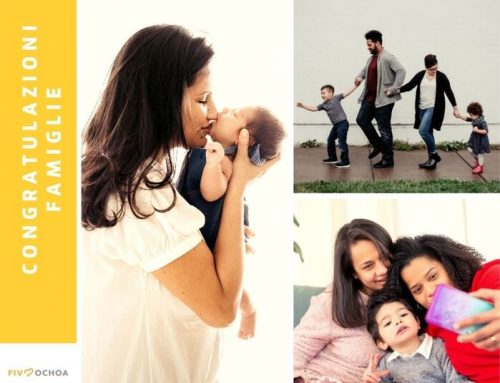Women between the ages of 18 and 30 can donate freely and anonymously
Performing assisted reproduction treatments with donated eggs guarantees greater success. At IVF Ochoa, the assisted reproduction clinic in Marbella, the cumulative pregnancy rate per cycle rises to 75% when using egg donation compared to the 60% achieved through in vitro fertilization (IVF).
According to the gynecologist of FIV Ochoa, Luis García, the anonymity of the donor guaranteed by Spanish legislation is one of the factors that leads thousands of couples from other countries to choose Spain each year to undergo assisted reproduction treatments.
Not surprisingly, in IVF Ochoa, 52% of the patients are foreigners compared to 48% represented by Spanish couples, according to the international patient coordinator Fiona Foddai.
Who can donate eggs?
Donors must be between 18 and 30 years old, present a good state of psychophysical health and full capacity to act in addition to complying with the requirements of an exhaustive and mandatory study protocol, to avoid, as far as possible, the risk of transmission of infectious or genetic diseases to the offspring.
The embryologists of FIV Ochoa, María José Figueroa and Lourdes Fernández, explain that the donor will undergo a psychological test and various medical tests. The clinic will provide all the necessary medication for the process and, according to the law, the inconvenience can be compensated with a financial contribution of between 800 and 1,000 euros.
Who can receive them?
Any woman over 18 years of age and with full capacity to act, regardless of her marital status or sexual orientation, may be a recipient as long as she has given her written consent freely, consciously and expressly.
According to gynecologist Juan Manuel Marín, the clinic will select the donor, taking into account the characteristics of the recipient so that she is as compatible as possible, and in the event that two embryos are transferred, they will be from the same donor.







Deja un comentario